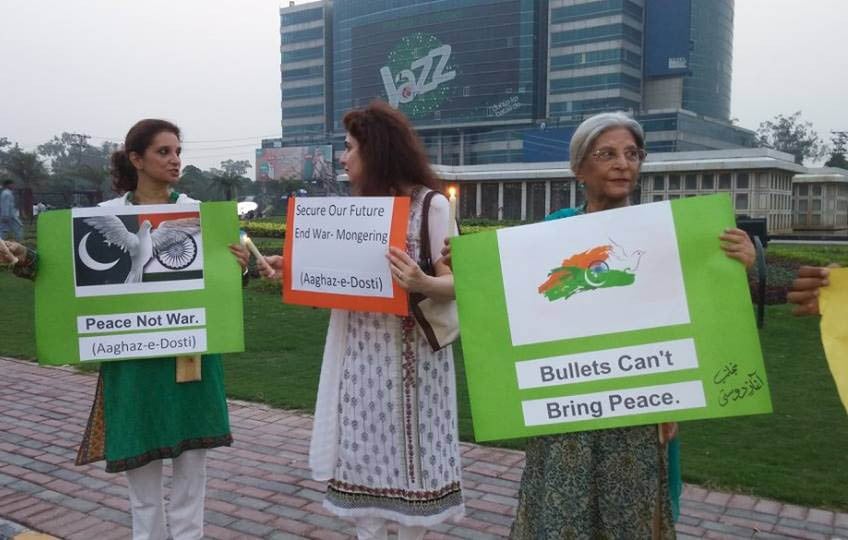
The character of the state underlines rights and freedoms enjoyed by its people

In her book, The Origins of Totalitarianism, Hanah Arendt argues that the bloody evolution of nation-states was primarily an outcome of resolving the minority question, as multinational empires gave way to the state being dominated by a large nationality at the expense of all others. This led to major transfers of population, and even genocides -- as smaller nationalities were either kicked out as the Armenians from Turkey, or eliminated as in the resolution of Hitler’s Jewish problem.
The same phenomenon played out in the Indian subcontinent, when its native leadership could not resolve India’s Muslim minority question, leading to the creation of Pakistan. Later, the West Pakistan rulers of the Pakistani state could not manage the Bengali question, a numerical majority, leading to the creation of Bangladesh.
The point being that although none of the nation-states are homogenous, some have built mechanisms and guarantees to ensure the rightful inclusion of their minority populations. However, where the character of the state has stayed unchanged and minority nationalities insecure, problems continue to persist to the detriment of the population at large.
This problem is further exasperated in the case of post-colonial states like India and Pakistan, where the original purpose of the state formation was control rather than inclusion of the population. Although natives have controlled these states since 1947, still a change in the original character of the state required that civil society was able to successfully influence and tame the ‘overdeveloped state’ (a Hamza Alavi term that communicates the relative power of the unelected constituents of the state, the military and civil bureaucracy versus the rest of society).
‘Black Lives Matter’, a societal struggle for respect and rights of African-American’s against police behaviour in the time of an African-American president lends further credence to my argument -- that it is the state’s character which underlines rights and freedoms enjoyed by the population at large. The assessment of this character must be based on the security and freedoms enjoyed by the minority, the weakest population entity.
Based on this perspective, peace activists in Pakistan and India consider Kashmir as a failure of the Indian state, and Balochistan of the Pakistani state, even though state representatives continue to blame the other. For them, this blame-game promotes the narrow nationalism that Rabindranath Tagore cautioned against, stating "when it gets hold of their minds it is sure to lead them to moral degeneracy and intellectual blindness".
This is exactly what we have seen in the electronic media over the last few weeks, where relationships between kabaddi sportsmen, artistes and art (films) from India and Pakistan have been broken.
While both the states shun responsibility for human rights violations in Kashmir and Balochistan, the nationalist atmosphere encourages the use of words like traitor. Thus, the already underdeveloped peace constituency in both the countries loses more space to xenophobic actors, who while being associated with majoritarian nationalism (Hindutva for RSS, Shiv Sena and Islam for Jamaat-e-Islami) against the other country, are also the bitter enemy of respective minorities in their own countries. On the contrary, the peace activist sees this as a movement away from resolution, because both Kashmiris and the Baloch are marginalised, and cannot win their rights without the support of the majority community.
Thus, the peace activist plays outside the confines of state nationalism for the very reason that this narrow ideal does not serve the people’s interests of the two countries. The fate of people at war has never changed. For the peace activist, Pakistan and India have been at war since 1965, whether it’s the proxy wars in Afghanistan, Kashmir or Balochistan, inflicting misery on people through increased militarisation; or by closing borders, dividing families; or by dehumanising the other through education curriculum, at the expense of history, identity, truth and humanity.
One may still belittle the need for normalisation of relations, and underestimate the effects of climate change, changes in temperature and precipitation that may affect the onset, duration or magnitude of monsoon season. We have already passed the 15 per cent threshold of the volume of wastewater discharge into the Indus in 2009.
Thus the peace activist sees the future of Pakistan and India as one. This future is jeopardised by the continuous spending on weapons and standing armies facing each other, and by not cooperating and investing in human capital and climate change adaptation. The activist comprehends this state behaviour as criminal neglect -- while accepting the label of traitor as a mark of patriotism towards this land and its people.